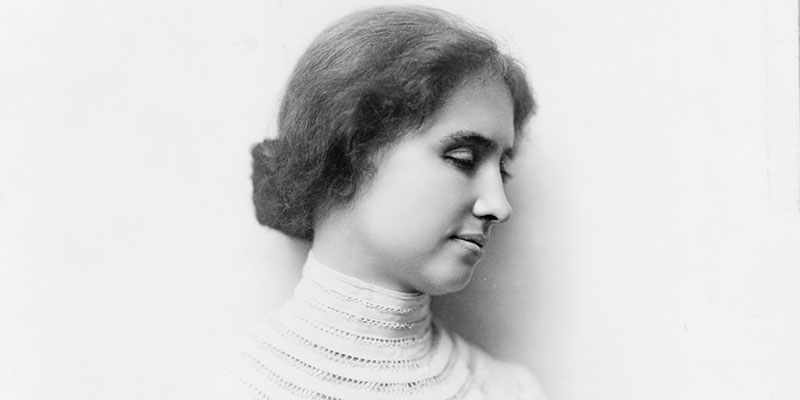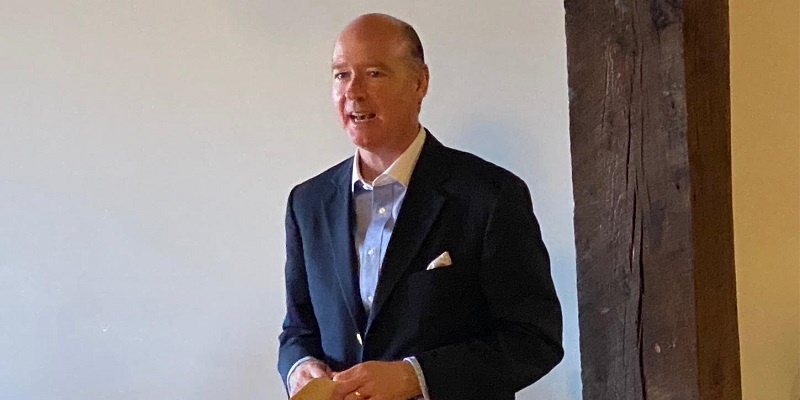She could neither see nor hear. But her vision influenced countless millions.
Helen Keller’s influence reached far beyond her native Alabama. She became a celebrity at an early age and remained so throughout her life.
Born in 1880 in Tuscumbia, Keller was 19 months old when an illness left her deaf and blind.
With the help of Anne Sullivan, her teacher for 49 years, she was able to learn how to communicate.
In her prime, she was traveling across the world making appearances and giving inspirational speeches.
She became known for her tireless activism on behalf of workers’ and women’s rights, her literary work, and her tenure as an unofficial U.S. ambassador to the world.
“Helen Keller lived her life as an example of what people with disabilities could accomplish,” said Keller J. Thompson, her great grand-niece. “She so desired within her innermost being that people with disabilities be given a chance to prove the many things that they could do in this life. By her own experiences, she knew that people with disabilities could have great impacts on the world around them and every day of her life she was eager to be someone that impacted the world in a positive way, leaving it a better place than she found it.”
Keller attended several educational institutions and was accepted at Radcliffe College, where she graduated with honors, becoming the first deaf person to obtain a university degree.
According to an Encyclopedia of Alabama account, in the decades after college, Keller become increasingly involved in politics. She became an advocate of suffrage, unemployment benefits and legalized birth control for women.
She blamed industrialization and poverty for causing disability among a disproportionately large number of working-class people and became increasingly concerned about racial inequalities. She expressed her views through public speeches, newspaper and magazine articles, interviews and appearances at rallies.
Keller entered the 1920s seeking a meaningful public life and financial stability. The newly created American Foundation for the Blind (AFB) supplied both. Working on behalf of blind people with the AFB, Keller became a successful fundraiser and political lobbyist.
From the 1920s through the early 1940s, she worked to raise funds and lobby state and national legislatures. She emphasized educational and employment possibilities for people with disabilities, particularly those who were blind.
A trip to Japan in 1948 was the catalyst for Keller’s transformation from tourist to semi-official ambassador for the United States. Thrilled by her reception in Japan, the State Department worked with the AFB to fund and facilitate her travels and promote her as a representative of Americanism.
In 1964, President Lyndon Johnson awarded her the Congressional Medal of Freedom. When she died in 1968 at the age of 88, she was one of the most famous people in the world.
Keller’s journey from a deaf, blind girl to graduating from Radcliffe and becoming a prominent writer and political activist provided inspiration to millions of people with disabilities.
Although she left Alabama at the age of 8, she always claimed Ivy Green, her family’s house in Tuscumbia, as home, and she continued to identify herself as a Southerner throughout her life and travels.
Keller said: “Your success and happiness lie in you. Resolve to keep happy, and your joy and you shall form an invincible host against difficulties.”
Throughout March, Alabama NewsCenter is recognizing Alabama women of distinction, past and present, in celebration of Women’s History Month.
(Courtesy of Alabama NewsCenter)













